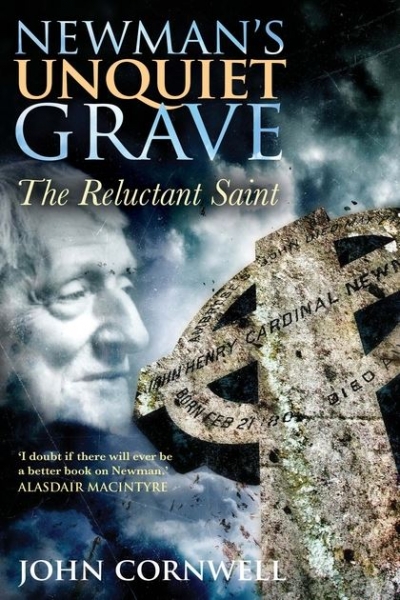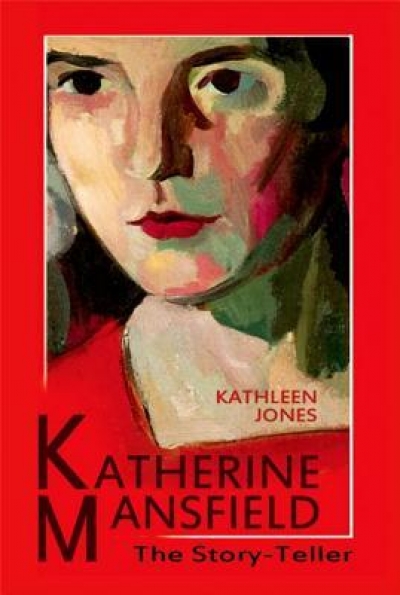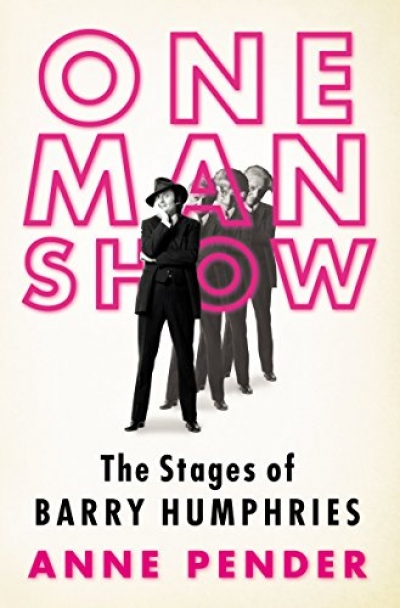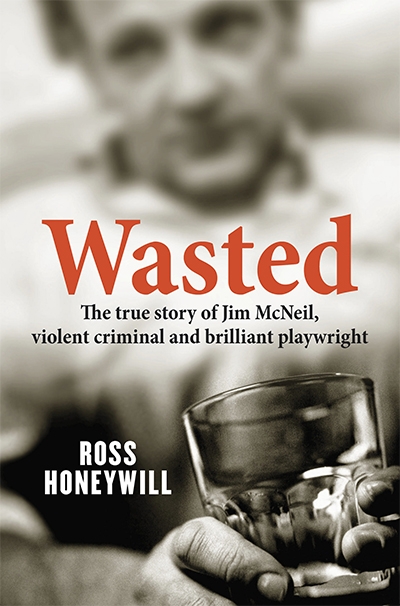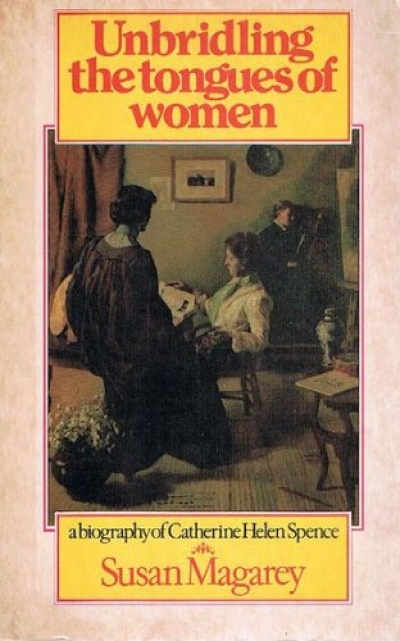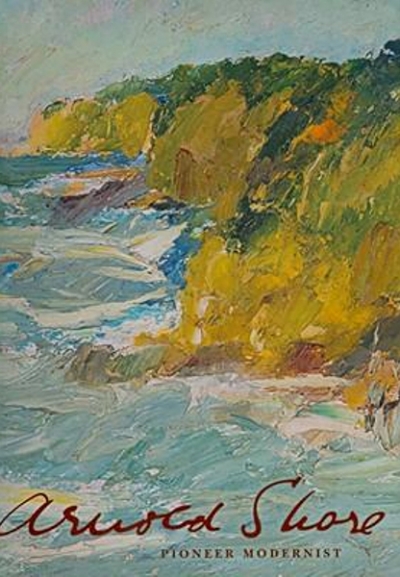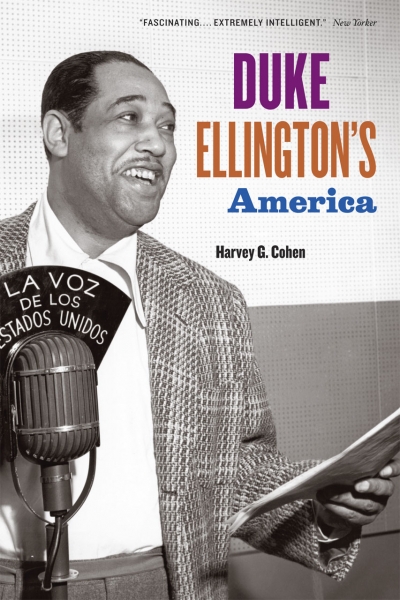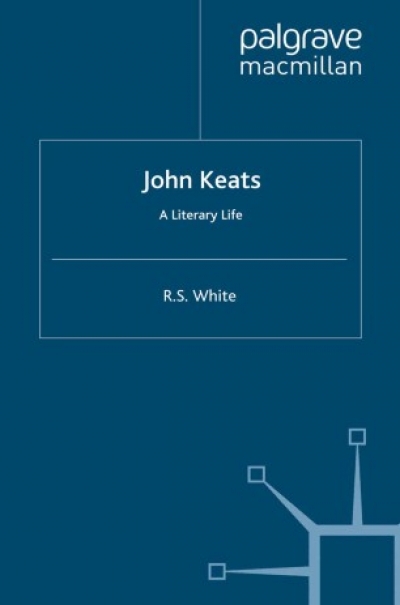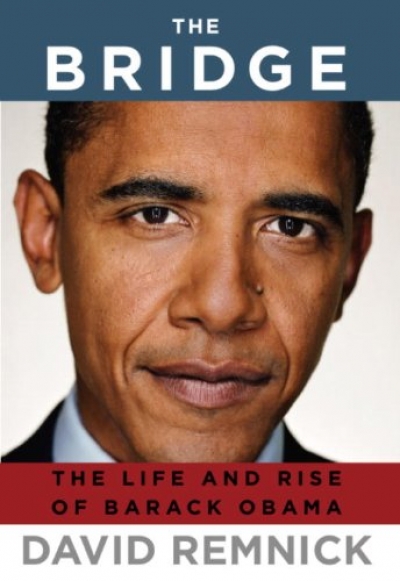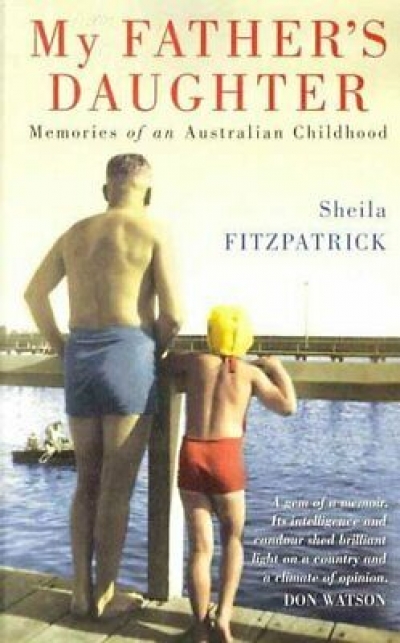Biography
In October 2010 Hugh Brady, president of University College Dublin, sent colleagues around the world a copy of The Idea of a University(1854)by Cardinal John Henry Newman. As Newman approached beatification, President Brady recalled that UCD is the successor institution to the Catholic University of Ireland, which welcomed Newman as its first rector in 1851. Not many university leaders can aspire to sainthood, but establishing a new university and writing a classic text about the purpose of higher learning were only brief episodes in the long life of the most famous church intellectual of the nineteenth century.
... (read more)Mansfield was thirty-four. Having suffered tuberculosis for years, she died after hurrying up some stairs, intending to show her husband how well she was. This was at La Prieuré, Fontainebleau, house of George Gurdjieff’s Institute for the Harmonious Development of Man: a sort of commune, organised around shamanic dancing, Eastern mysticism, and Gurdjieff’s compelling personality. For Mansfield, the Institute was not simply a last resort; she went there for a new beginning. In a letter to her friend Koteliansky, she wrote: ‘I mean to change my whole way of life entirely …’
... (read more)One Man Show: The Stages of Barry Humphries by Anne Pender
On those twin Titans of the twentieth-century English stage, John Gielgud and Ralph Richardson, fellow-actor Simon Callow recently reflected: ‘We tell stories about them … because they filtered life through the medium of their souls to create new and rich variations on the human condition: they lived their art to the fullest extent possible. Of whom shall we be telling stories now?’
... (read more)Wasted: The true story of Jim McNeil, violent criminal and brilliant playwright by Ross Honeywill
Jim McNeil was a two-bit thug. A liar, a thief, a recurrent wife-beater and bully, probably a murderer, definitely a racist, he was a man in whom psychotic rage was seldom remote. Contradictions were elemental to his character: he was intelligent and charismatic, yet obdurate and ratty. Violence and menace defined him, but he was at heart a coward. He meticulously planned armed robberies, but frequently bungled their execution. He was nicknamed ‘The Laughing Bandit’, but his smiling demeanour was born of contempt for the people he traumatised and of disbelief at the ease with which he could snatch wealth. As the subtitle of Ross Honeywill’s aptly named biography makes clear, McNeil was also a playwright of subtle instinct and luminous talent. His is a Jekyll–Hyde conundrum well worth this contemplation.
... (read more)Unbridling the Tongues of Women: A biography of Catherine Helen Spence' by Susan Magarey
This republication of Susan Magarey’s 1985 biography of Catherine Helen Spence commemorates the anniversary of her death, aged eighty-five, in April 1910. In an enlarged and attractive new paperback format, with a revised introduction, its cover sketch of Spence, with upraised hand, in mid-speech, emphasises the key subject, both actual and metaphorical, of women’s public speaking. Remarkable as a writer and as a political and social reformer, Spence’s status as one of Australia’s earliest female public intellectuals is best represented in her more immediately transgressive role as public speaker, a graphic unbridling of the female voice.
... (read more)Arnold Shore: Pioneer Modernist, by Rob Haysom, fills in the gap between late Impressionism, tonal Meldrumism, and Fred Williams. Attractively presented and illustrated, Haysom’s well-written and informative text examines Arnold Shore’s personal insecurity and the searching nature of his alla prima art, especially his concern with texture and colour; and his contribution as an art teacher and long-time critic.
... (read more)Early in this magisterial and exhaustively researched examination of Duke Ellington’s role in American music and society, the author offers a succinct summary of the musician’s significance as an American artist. It is worth quoting at length, as it encapsulates most of the questions addressed over the book’s 577 pages of text and almost 100 densely packed pages of notes:
... (read more)In Elements of Criticism (1762), the Scottish philosopher Lord Kames writes of the remarkable congruence between real presence, the product of our ‘external senses’, and ideal presence, which appears when art presents something so vividly to our ‘internal’ senses that we forget that it is not actually before us. Ideal presence, he writes, is like a‘waking dream’, the appearances of which are indistinguishable from real presence while we are within its spaces. For readers who associate immersive realities with modern digital media, Kames’s argument is surprising, even though it could be argued that in the twenty-first century literature is still the most powerful medium available for producing immersive realities. Kames assumes that literature’s ‘waking dreams’ will be judged by the standards of the actual world; but as early as the last decades of the eighteenth century and first decades of the next, the development of genres such as Gothic fictions, coupled with the emergence of new entertainment media such as the panorama and phantasmagoria, had drawn attention to the extent to which ideal realities – ‘fictitious entities’ and ‘imaginary nonentities’, in Jeremy Bentham’s terminology – could shape rather than simply represent the real. This is the cultural context in which Keats’s life (1795–1821), dilemmas and oeuvre make sense.
... (read more)The Bridge: The life and rise of Barack Obama by David Remnick
When the book arrived for review, a paperback of 656 pages, my heart sank. Americans are the world’s greatest researchers. Reading it would be like drinking from a fire hose. But it began incisively, with a turning point in the 2008 presidential campaign that established Obama’s audacity as a ‘complex, cautious, intelligent, shrewd, young African-American man’ who would project his ambitions and hopes as the aspirations of the United States of America itself. Soon we were in Kenya, with Tom Mboya, Jomo Kenyatta, the Mau Mau uprising, and Barack Hussein Obama Sr, a promising young economist with a rich, musical voice and a confident manner on his way to the University of Hawaii. We also meet the most compelling character in the book, perhaps in Obama’s life: his mother, a seventeen-year-old from Kansas, intrepid and idealistic, who takes up with the dasher from Kenya, becomes pregnant and marries him.
... (read more)My Father’s Daughter: Memories of an Australian childhood by Sheila Fitzpatrick
Even the cover design of Sheila Fitzpatrick’s memoir gave me something to ponder. The title, which signals the father–daughter story, is linked with an engaging seaside photograph of the two of them. The father’s swimming trunks and the daughter’s bathing cap have an authentic 1940s look. Add to that a bland subtitle, Memories of an Australian Childhood, and the tough confrontations of the text may come as a surprise.
... (read more)

